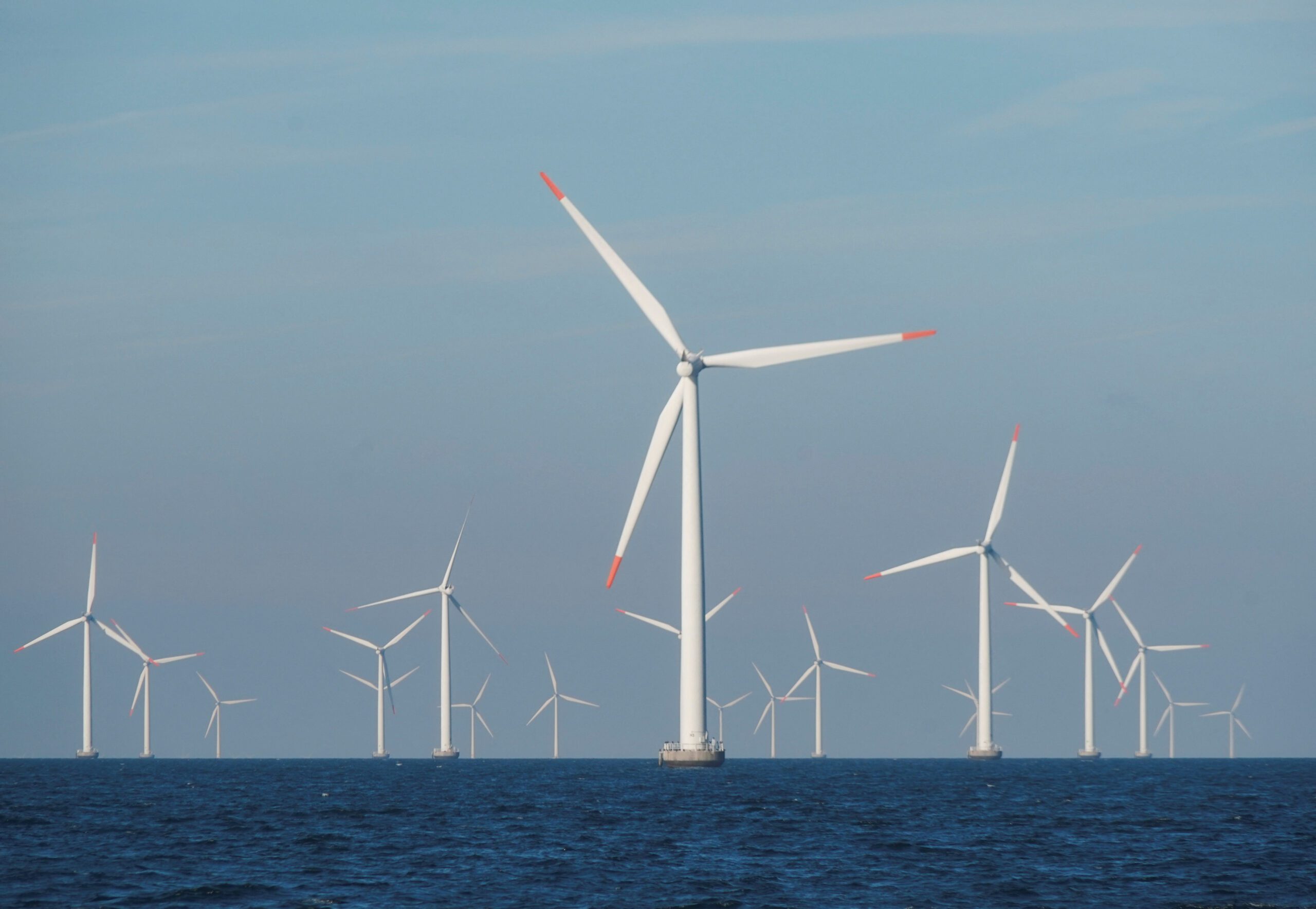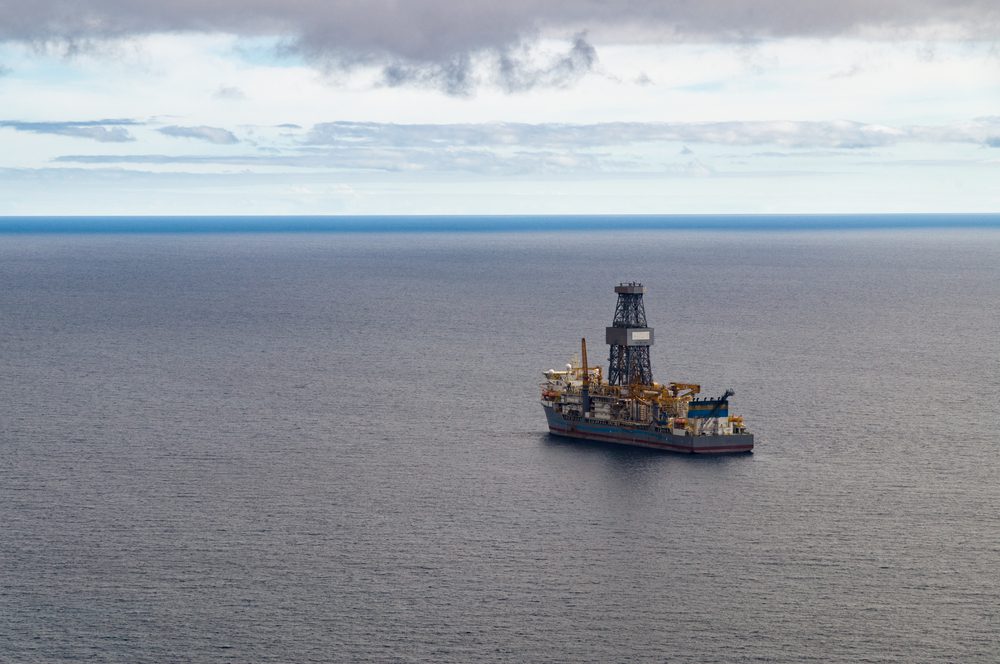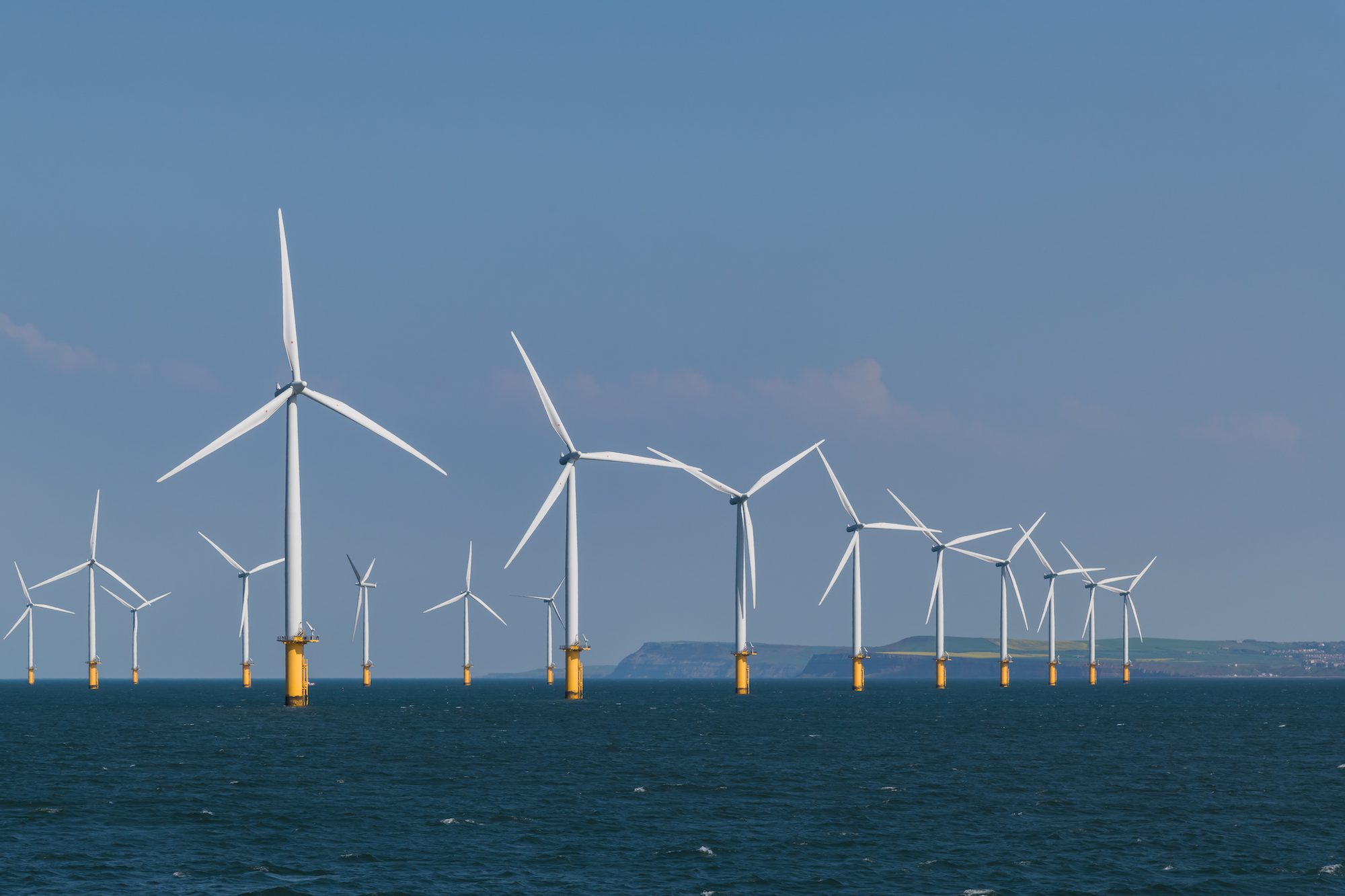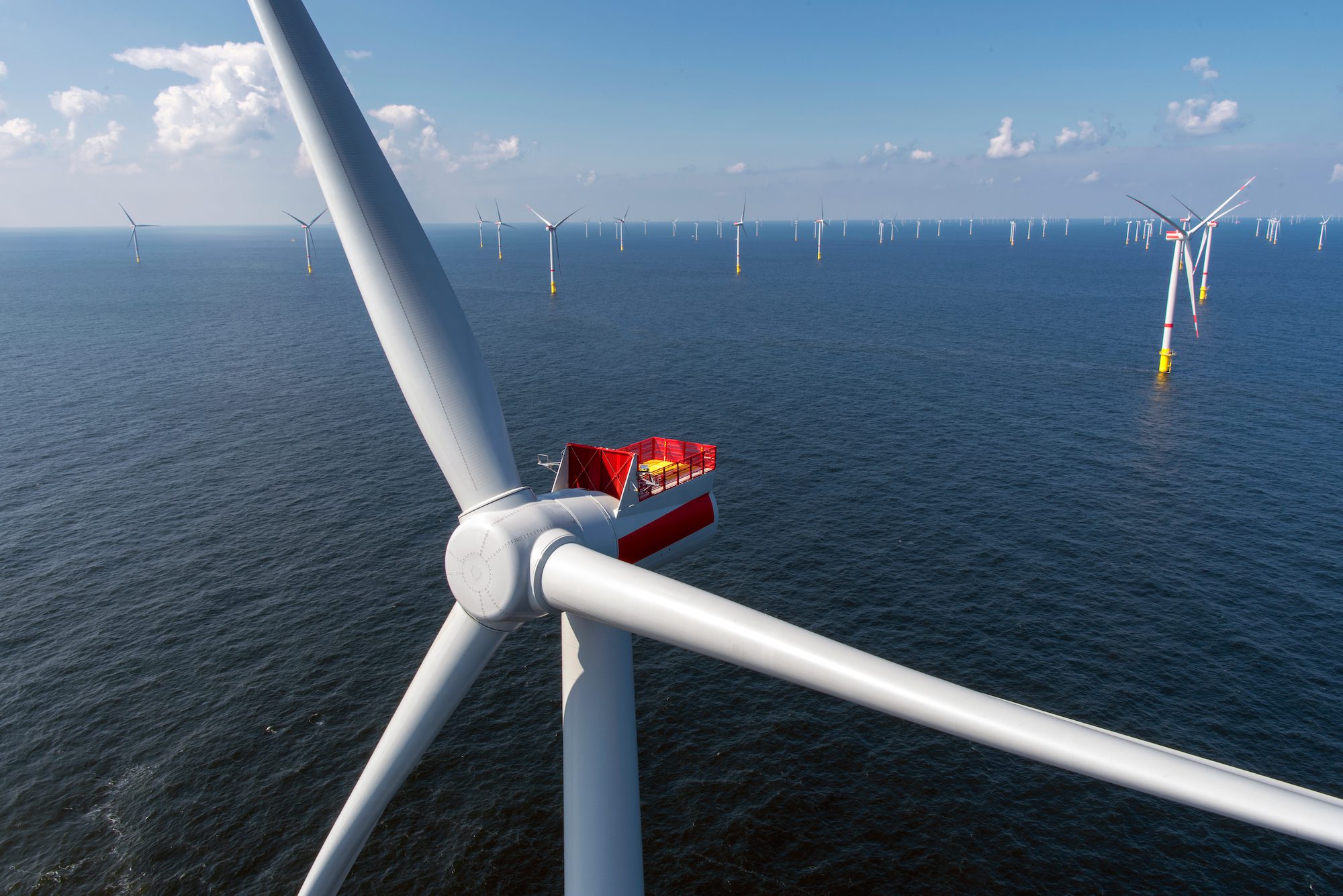(Bloomberg) —
Orsted A/S said it’s prepared to walk away from projects in America unless the White House guarantees more support, highlighting the myriad challenges facing wind-energy developers in the country.
The US, far behind Europe and China in the race to build offshore wind, is targeting a jump to 30 gigawatts by the end of the decade from next to nothing now. While the Biden administration has touted its landmark clean-energy subsidy program to kickstart projects, developers must ensure a large chunk of components are US-made, and that’s proving hard to achieve.
“We are still upholding a real option to walk away,” Orsted Chief Executive Officer Mads Nipper said in an interview in London. “But right now, we are still working towards a final investment decision” on projects in America.
The Danish firm has had a turbulent few months, with supply-chain glitches and soaring interest rates weighing on US plans. It’s a tough time for offshore wind globally, with costs for steel and other materials spiraling higher just as countries around the world push to add more turbines. Large projects by the likes of Vattenfall AB and Iberdrola SA have already been scrapped this year.
Nipper said Orsted couldn’t have predicted the industry turmoil, yet an investor selloff saw the company lose $8 billion in value last week after impairments were booked on several US projects. Longer-term plans are also at risk, with developments near New Jersey and Delaware not investible right now, he said.
Despite shareholder concern, the CEO said he’s had the support of the board since the stock price slumped.
Subsidy rules are hampering progress in the US. While the government wants domestically produced steel to be used by companies eligible for tax credits, supply has been held up by insufficient production capacity and rising prices.
Nipper has asked the White House to guarantee subsidies without that requirement at first, and requested extra time to overcome the difficulties in sourcing American-made material.
“What we proposed was a grace period, say, so give us three to five years,” the CEO said. “Right now, it can’t deliver.”
While offshore farms are seen as critical to ridding the US power grid of fossil fuels and avoiding the worst effects of climate change, they’re also extremely capital- and labor-intensive. In order for the industry to bring future projects to fruition, consumer energy price increases are “inevitable,” Nipper said.
© 2023 Bloomberg L.P.
Unlock Exclusive Insights Today!
Join the gCaptain Club for curated content, insider opinions, and vibrant community discussions.

 Join The Club
Join The Club













